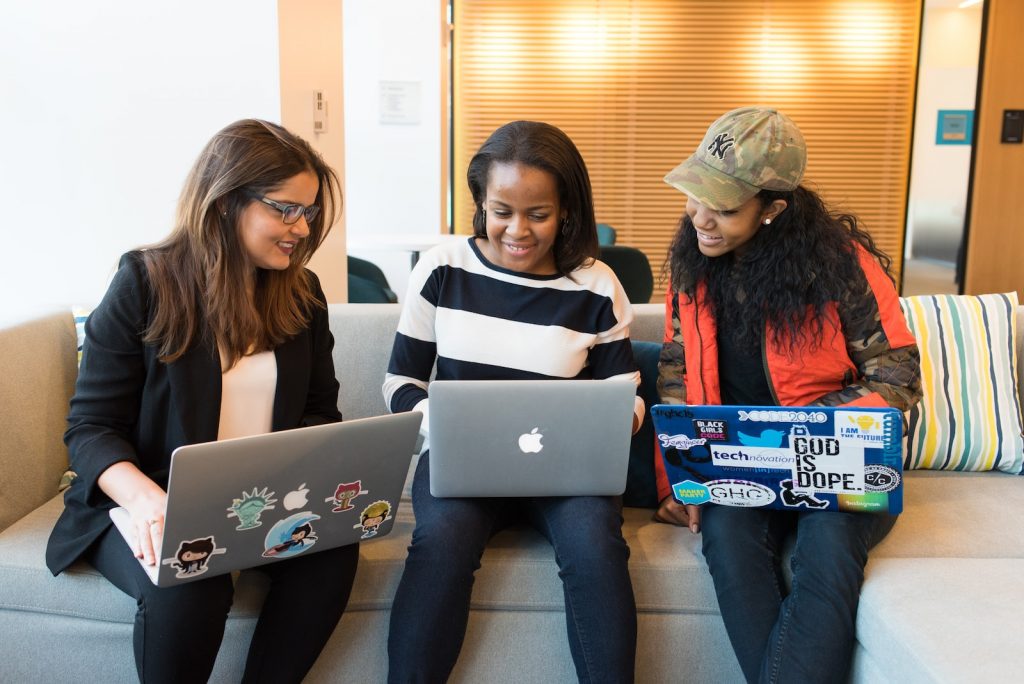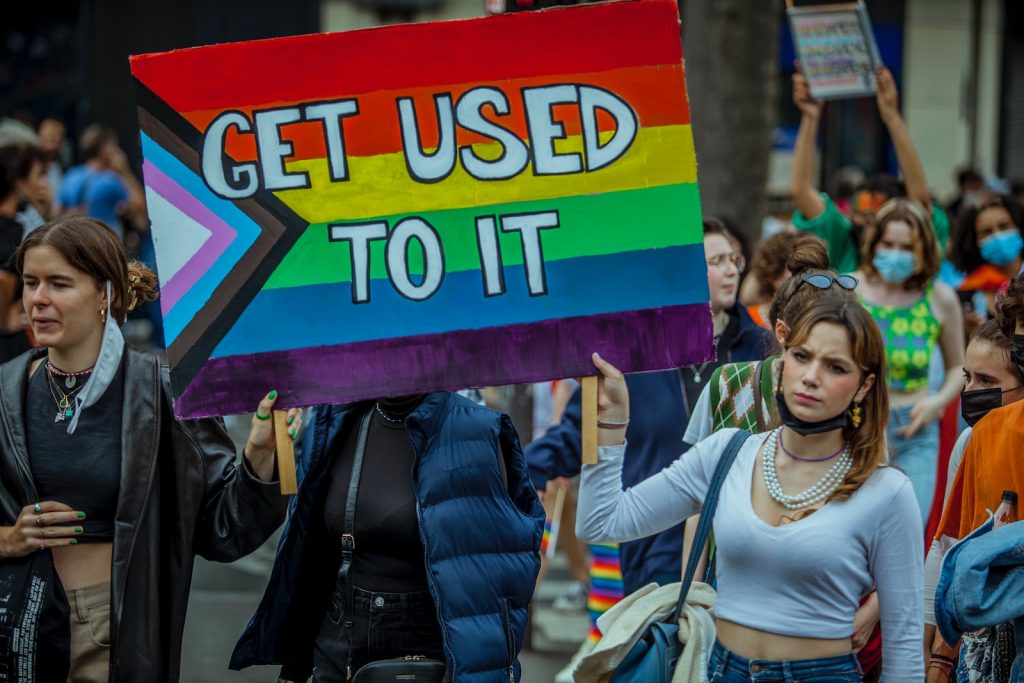Empathy
The key to an inclusive and tolerant society.

What is empathy anyway? Why should children learn this skill from an early age? And what can more empathy achieve in companies and the economy?
Whether it is a conversation with our parents, friends or colleagues, empathy is the key to fair dialogue.
Empathy is one of MoreDiversity’s six approaches, as we firmly believe that if everyone adheres to certain approaches, a mindful and inclusive culture of conversation will automatically emerge, enabling shared and successful diversity.
But what does it actually mean to be empathetic and what impact does empathy have on us? How can we use this understanding to resolve conflicts and promote inclusion and tolerance?
Empathy is the ability to put ourselves in other people’s shoes and build an understanding of the feelings and experiences of others. It is an essential component of social intelligence and it can help us understand the thoughts and motivations of others. It also involves a willingness to empathize with others, to stand by them in difficult times, and to move them to action accordingly.
Especially in today’s world, empathy is a core competency that we should all give much more importance to in order to successfully communicate, collaborate, build relationships and resolve conflicts with others. It is crucial for sustainable change towards the inclusive society of tomorrow.
Why empathy is especially important for children
Empathy is an essential skill that children should learn at an early age. It helps them discover the world and perceive their environment from different perspectives.
Children learn by observing and listening, so it is especially important that their parents are good role models. If parents are open to the feelings of other fellow human beings and treat each other compassionately, the child will also learn and apply this behavior. But the way problems are handled also influences a child’s compassion.
When conflicts are resolved peacefully and compromises are sought, they experience that other people also have feelings and that these must be taken into account. In this way, the child learns why empathy is important and how to best react in difficult situations.
Educators and teachers also play an important role in promoting empathy. Through daily interactions with children, they have the opportunity to encourage them and develop a sense for the needs of others. They can teach empathic attitudes and behaviors, giving children more compassion for those around them.
Empathy cannot be forced, but to maximize its potential, it is especially important for parents and other caregivers to listen, ask questions, and have conversations about feelings, because this shows a genuine interest and respect.
How useful is an empathic leadership style in companies?
As soon as you are immersed in the working world, you quickly feel the pressure that companies, employees, customers and service providers are under to perform every day. Countless meetings and deadlines rarely leave time for interpersonal relationships and empathy.

Managers often have little knowledge of what really concerns their employees or customers, where things are grating and what may not be going quite so smoothly. A lack of attention, a lack of an open ear, and little or no communication then quickly lead to dissatisfaction and a lack of motivation in the workplace, which in turn can lead to a poor working atmosphere and results as well as dissatisfied customers.
Therefore, it is even more important for future-oriented and successful companies to establish a culture of empathy. Entrepreneurs must be able to recognize and respond to the needs of their employees and customers. This means that they not only take their wishes and requirements seriously, but that they are open to criticism and feedback and do everything they can to constantly improve what they offer. They create a positive working atmosphere in which all employees can be themselves and develop their full potential. Through their empathetic attitude, they motivate those around them, enabling the best possible and most effective teamwork.
Empathic politics - is that even possible?
We live in a global world where any action, no matter how small, can have an impact on millions of us humans and other living beings and it is with this awareness that politicians need to understand the needs of our society and act accordingly.

Unfortunately, however, the core competence of empathy is still given far too little space in politics, which is still very male-dominated worldwide. But when we look at the news that hits us every day, shouldn’t we all refuse to believe that politics without empathy is good politics?
At MoreDiversity we believe that empathy should not be interpreted as weakness in political discourse, because politics is an emotional business. When politicians discuss issues that can affect us all globally, it is not just about facts and figures, but about us as a society, about each individual. Empathy can help to reduce the challenges of division and discrimination. For only if we are also able to put ourselves in other people’s shoes and understand their perspectives can we also deal with greater tolerance toward those who think differently. Empathy can thus help to defuse conflicts and enable peaceful coexistence.
So we see that empathy across all systems – from family, school, business, politics – should be practiced and practiced by all of us as early as possible, as this skill is crucial for all further private and professional relationships. It should therefore be a priority in all areas in order to achieve sustainable change in society as a whole.
How much empathy do we need for the world of tomorrow?
Let’s be honest with ourselves: A little more empathy never hurt anyone – quite the opposite. We need to understand that empathy moves us forward together and that it is one of our strongest forces. Everyone should learn, train and practice it, otherwise we will produce lone warriors.
